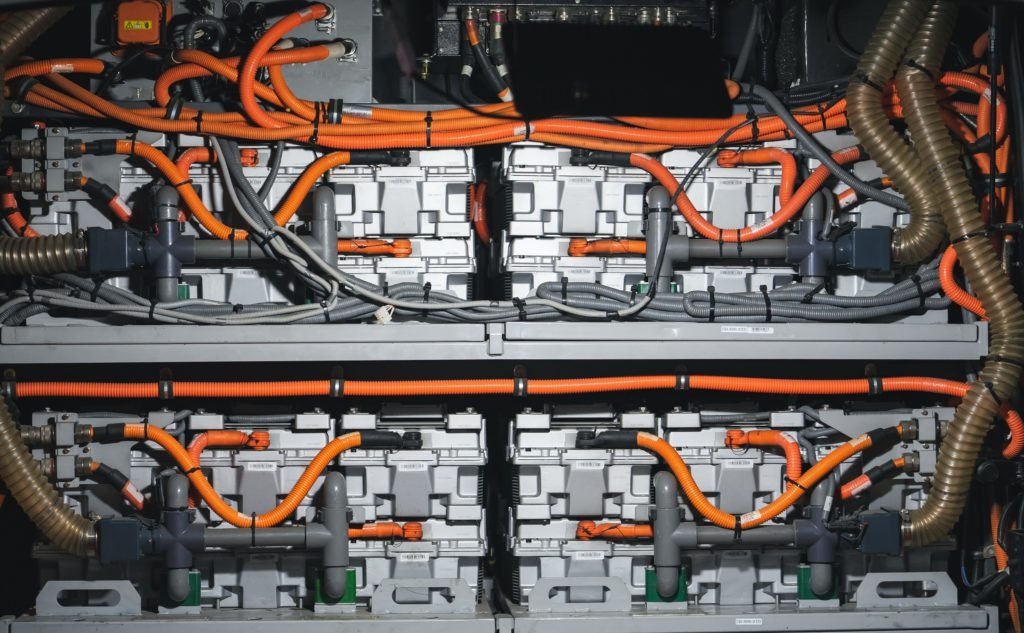Britishvolt commits to lithium-ion gigafactory in England
11 December 2020

11 December 2020
UK firm Britishvolt has decided on Blyth, Northumberland as the location for its gigafactory. The plant is based on a £2.6 billion investment and will produce more than 300,000 lithium-ion batteries for the UK automotive sector.
The decision on the location is something of a surprise as the firm signed a memorandum of understanding with the Welsh government back in the summer with interest in the former RAF base at Bro Tathan, Vale of Glamorgan, in South Wales.
The Northumberland factory will be built on a 95-hectare site, where a former power station was located. It will use renewable energy, including the potential to use hydro-electric power generated in Norway, and transmitted 447 miles under the North Sea via the world’s longest inter-connector from the North Sea Link project.
Britishvolt expects to employ up to 3,000 staff by the final phase of the project in 2027. Overall, the facility will directly and indirectly provide 8,000 jobs. The plant is considered strategically important to the UK’s automotive industry as the shift is made to electric driving and a more sustainable automotive sector. The company noted that construction of the gigafactory is one of the key pillars of Prime Minister Boris Johnson’s, 10-point plan for the country’s green recovery and an important step to a net-zero economy by 2050.
Britishvolt CEO Orral Nadjari commented: ′We are delighted to have secured this site in Blyth. This is a tremendous moment both for Britishvolt and UK industry. Now we can really start the hard work and begin producing lithium-ion batteries for future electrified vehicles in just three years. It is crucial for the UK automotive industry and for the entire economy that we are able to power the future. The sooner we start the better.’
Battery-manufacturing momentum
There has been an increase in activity in Europe regarding establishing battery factories for the electric-vehicle market, with companies and governments supporting strategic initiatives. There have been recent developments in Germany and France, and now the Britishvolt decision in the UK. These moves underline the importance of establishing reliable battery production in Europe for the automotive industry, and as part of green and sustainability commitments.